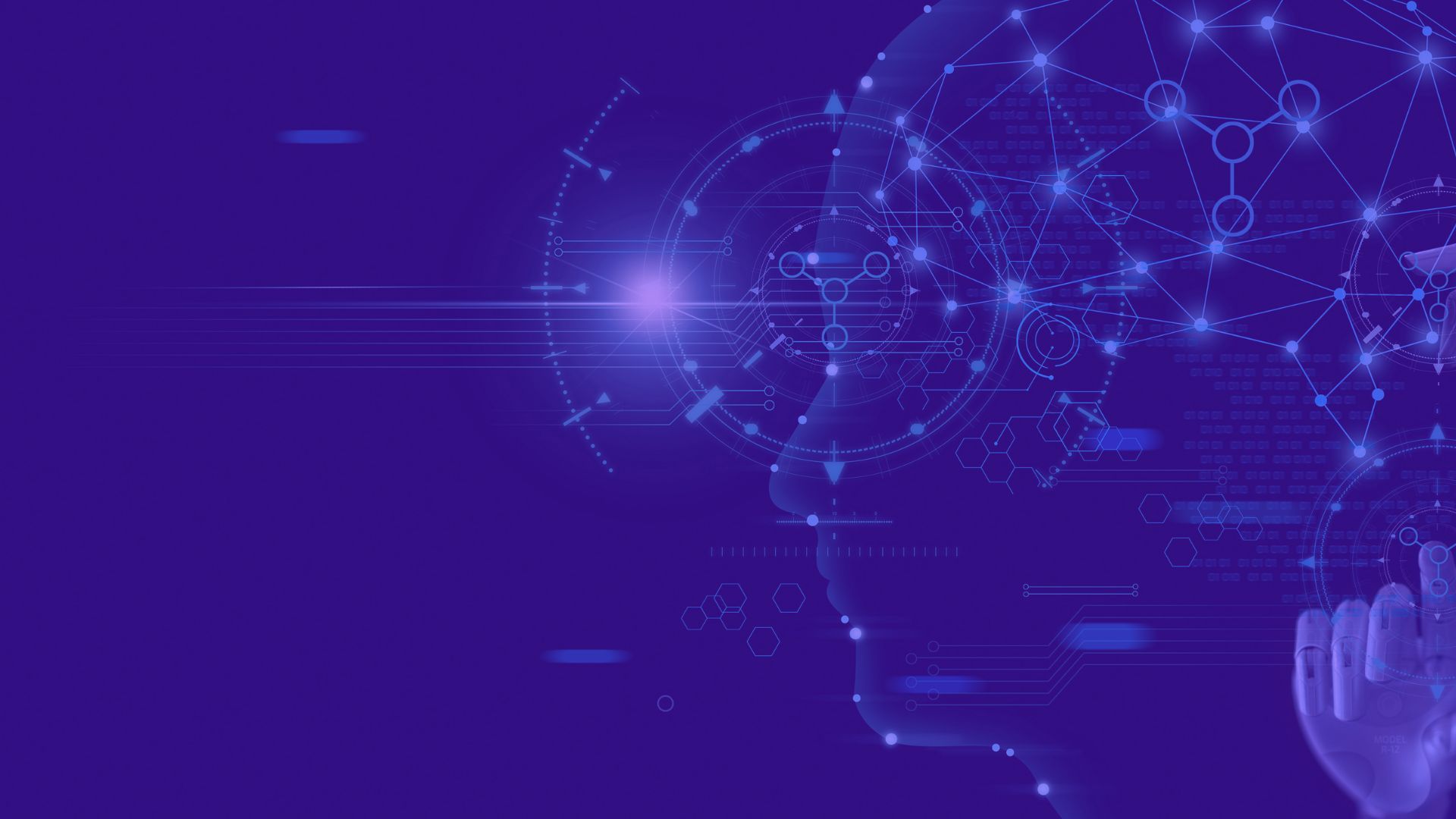Natural Language Processing (NLP) is a branch of artificial intelligence (AI) that enables machines to understand, interpret, and respond to human language. By bridging the gap between human communication and computer systems, NLP allows technologies to process language inputs such as text or speech and deliver meaningful results.
NLP combines linguistics, computer science, and AI to power widely used tools and applications, including virtual assistants, chatbots, translation software, and text analysis systems. It transforms unstructured language data into structured, actionable information, helping businesses and individuals enhance communication and productivity.
With applications in customer service, content analysis, and accessibility, NLP plays a critical role in making technology more intuitive and user-friendly. Whether it’s powering chatbots, analyzing customer reviews, or automating workflows, NLP is driving innovation across industries.
If you’re looking for ways to improve customer engagement, streamline operations, or enhance accessibility, explore how Natural Language Processing solutions can help transform your business.

How NLP Works?
Natural Language Processing (NLP) allows machines to understand and respond to human language. It combines linguistics, computer science, and artificial intelligence to make this possible. Here's how it works:
First, NLP starts with language input, which can be text (like emails) or speech. If the input is speech, it is converted into text using a technology called Automatic Speech Recognition (ASR).
Next, the text goes through preprocessing to clean and prepare it for analysis. This involves steps like breaking the text into smaller parts (words or sentences), standardizing it (e.g., lowercasing and fixing errors), and simplifying words to their base forms (like changing "running" to "run").
Once the text is cleaned, linguistic analysis begins. This step involves understanding the text’s structure and meaning. For example, it identifies grammar, the relationships between words, and important elements like names, dates, or locations.
The system then uses feature extraction to turn the text into numbers. These numerical formats help machines understand the meaning and context of the words.
After that, the text is processed by advanced algorithms. These include machine learning or deep learning models that can perform tasks like analyzing emotions in the text, summarizing documents, or translating languages.
Finally, the system generates an output based on its analysis. This could be a chatbot response, a summary of an article, or a translation in another language.
Modern NLP systems continuously improve by learning from large datasets and user feedback, making them smarter over time.
This process helps businesses and individuals make sense of human language and use it effectively in technology. At CloudOffix, we bring these capabilities into our solutions to help businesses work smarter and faster.
Why is Natural Language Processing (NLP) Important?
Natural Language Processing (NLP), a key branch of artificial intelligence, revolutionizes how machines interact with human language. By enabling computers to understand, interpret, and generate natural communication, NLP bridges the gap between complex algorithms and human interaction.
From virtual assistants and chatbots to language translation tools, NLP is the driving force behind the intelligent technologies we rely on every day.
At CloudOffix, we leverage the transformative power of NLP to create smarter, more intuitive solutions, empowering businesses to enhance communication, automate processes, and deliver seamless user experiences.
Let’s explore how NLP is shaping the future of AI-driven innovation.
Why is Natural Language Processing (NLP) Important?
Natural Language Processing (NLP), a key branch of artificial intelligence, revolutionizes how machines interact with human language. By enabling computers to understand, interpret, and generate natural communication, NLP bridges the gap between complex algorithms and human interaction.
From virtual assistants and chatbots to language translation tools, NLP is the driving force behind the intelligent technologies we rely on every day.
At CloudOffix, we leverage the transformative power of NLP to create smarter, more intuitive solutions, empowering businesses to enhance communication, automate processes, and deliver seamless user experiences.
Let’s explore how NLP is shaping the future of AI-driven innovation.
The Growing Importance of Natural Language Processing (NLP)
Natural Language Processing (NLP) is reshaping the way we interact with technology and derive value from data.
As defined by Gartner, NLP is the ability to transform text or spoken language into structured, encoded data using a relevant ontology. This structured data serves diverse applications, such as classifying content—for example, determining that "this report discusses a laparoscopic cholecystectomy"—or extracting critical details like findings, procedures, medications, and participants.*
The capacity to process and analyze human language has become indispensable. NLP empowers businesses and individuals to unlock insights hidden within unstructured text, whether it’s analyzing social media trends, interpreting customer feedback, streamlining email communication, or extracting meaning from legal documents.
As digital communication becomes increasingly integral to our daily lives, NLP plays a crucial role in bridging the gap between complex technology and human needs. By making technology more accessible, intuitive, and responsive, NLP continues to shape a smarter and more connected future.

Key Benefits of Natural Language Processing (NLP)
Natural Language Processing (NLP) is revolutionizing industries by enabling machines to understand, interpret, and process human language with remarkable accuracy. Its applications bring immense value to businesses, driving innovation and efficiency. Here are the key benefits of NLP:
Elevated Customer Service: NLP powers intelligent chatbots and virtual assistants, providing 24/7 support with instant responses. These tools understand customer inquiries, resolve common issues, and escalate complex cases to human agents seamlessly, ensuring enhanced customer satisfaction and loyalty.
Data-Driven Decision-Making: With capabilities like sentiment analysis and text mining, NLP empowers organizations to uncover insights from customer opinions, market trends, and public sentiment. This actionable intelligence supports smarter decision-making and strategic planning.
Boosted Productivity: NLP automates time-consuming tasks such as document summarization, language translation, and email classification, freeing up employees to focus on high-priority responsibilities, ultimately improving organizational efficiency.
Optimized Content Management: By tagging, categorizing, and organizing vast amounts of unstructured data, NLP streamlines content retrieval and management. This ensures faster access to critical information and better knowledge sharing across teams.
Breaking Language Barriers: NLP-powered tools like Google Translate enable seamless communication across languages, making information accessible globally and fostering collaboration in multilingual environments.
Improved Accessibility: Speech-to-text technologies driven by NLP make digital content more inclusive, providing accessibility for individuals with disabilities, such as those with hearing impairments, and creating a more equitable digital experience.
Enhanced Security and Fraud Detection: NLP identifies suspicious patterns in text, such as phishing attempts or fraudulent transactions, enabling organizations to proactively strengthen cybersecurity and reduce risks.
Personalized User Experiences: By analyzing user behavior and preferences, NLP delivers tailored product recommendations, personalized marketing campaigns, and customized content, driving higher engagement and customer satisfaction.
The Relationship Between NLP and Today’s Generative and Agentic AI in Business
Natural Language Processing (NLP) is at the core of modern generative and agentic AI, shaping how businesses utilize artificial intelligence to streamline operations, enhance communication, and deliver personalized experiences. Here's how they connect and complement each other:
NLP as the Foundation of Generative AI
Generative AI, such as OpenAI's GPT models, relies heavily on NLP to create human-like text. NLP enables these models to understand language patterns, context, and semantics, making it possible to generate content that is coherent, relevant, and context-aware. In business, this means:
Automating Content Creation: Generative AI can draft marketing copy, create customer service scripts, and generate reports, all powered by NLP.
Enhancing Customer Interaction: AI-driven chatbots and virtual assistants can engage with customers in a natural, conversational manner, thanks to advanced NLP techniques.
NLP in Agentic AI for Proactive Business Solutions
Agentic AI refers to AI systems that not only generate responses but also take context-driven actions autonomously. NLP plays a pivotal role by helping agentic AI systems interpret and act on unstructured language data, such as emails, voice commands, or customer feedback. This enables businesses to:
Automate Decision-Making: AI agents can prioritize tasks, respond to customer queries, or even manage workflows without human intervention.
Deliver Hyper-Personalization: By analyzing language preferences and sentiment, agentic AI tailors recommendations, marketing campaigns, and product offerings to individual customers.
Driving Seamless Integration in Business Operations
With NLP as the backbone, generative and agentic AI technologies are transforming how businesses operate by:
Improving Efficiency: Automating repetitive tasks like data entry, translation, and summarization.
Enhancing Collaboration: AI tools analyze language data to provide insights that support team collaboration and strategy planning.
Strengthening Customer Relationships: By understanding language context and sentiment, businesses can engage with customers more meaningfully and respond to their needs proactively.
The Future: NLP, Generative AI, and Agentic Intelligence Converging
As NLP continues to evolve, it will enable even smarter generative and agentic AI systems that adapt dynamically to changing business needs. The ability to process language at scale will empower businesses to remain competitive in a fast-paced digital landscape.
At CloudOffix, we integrate NLP with advanced AI solutions to help businesses leverage the power of generative and agentic AI, driving innovation, efficiency, and customer satisfaction.
*https://www.gartner.com/en/information-technology/glossary/natural-language-processing-nlp
